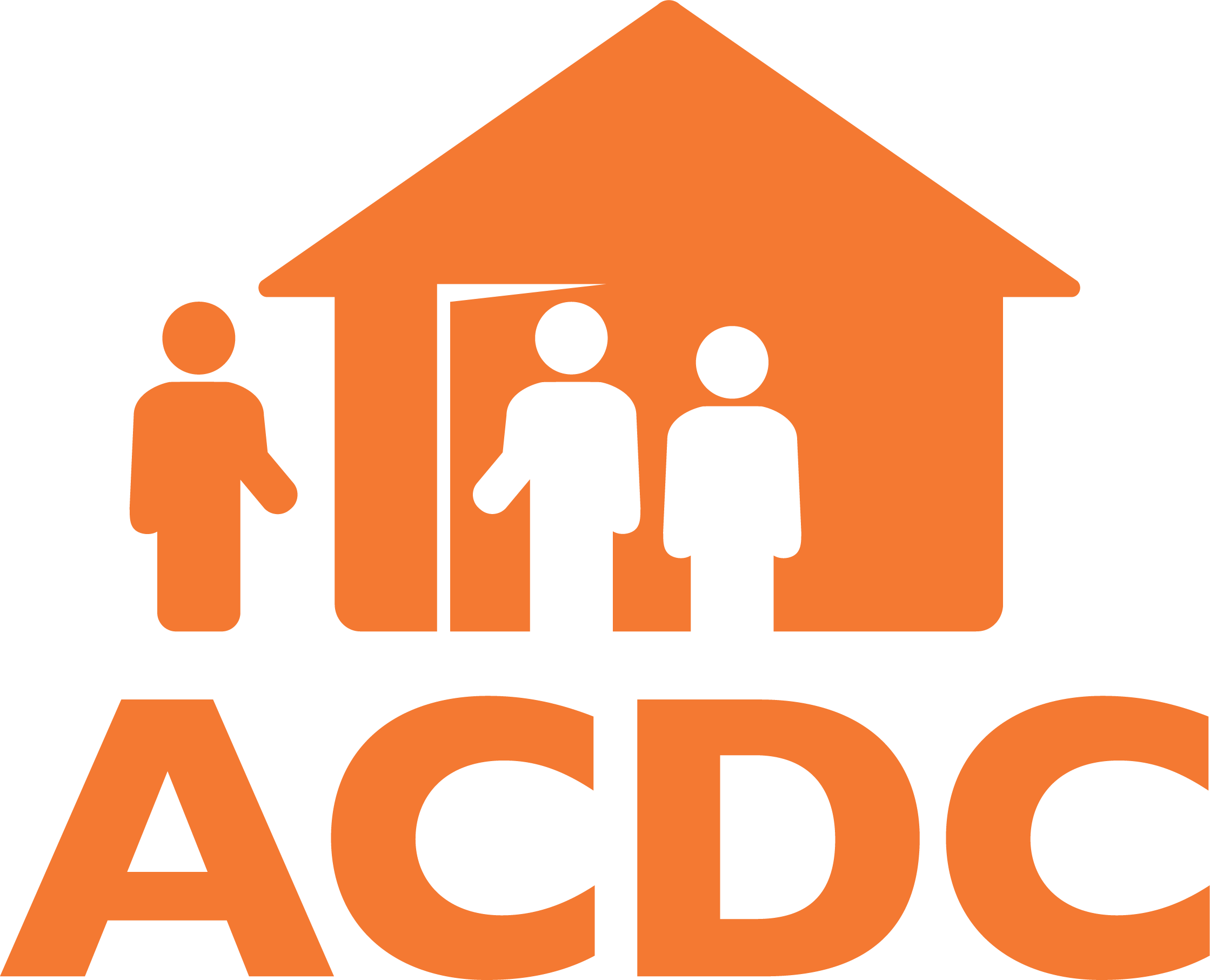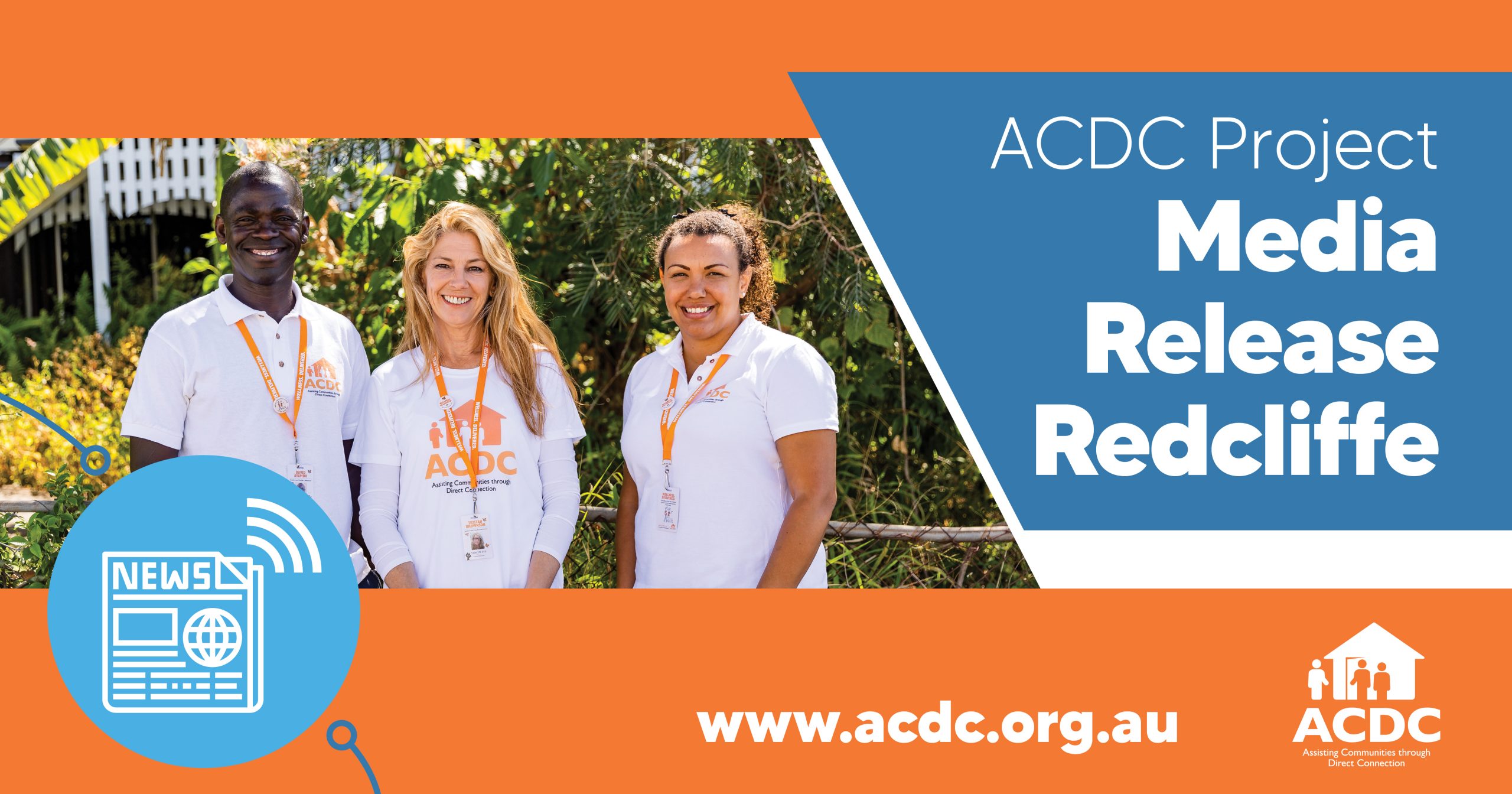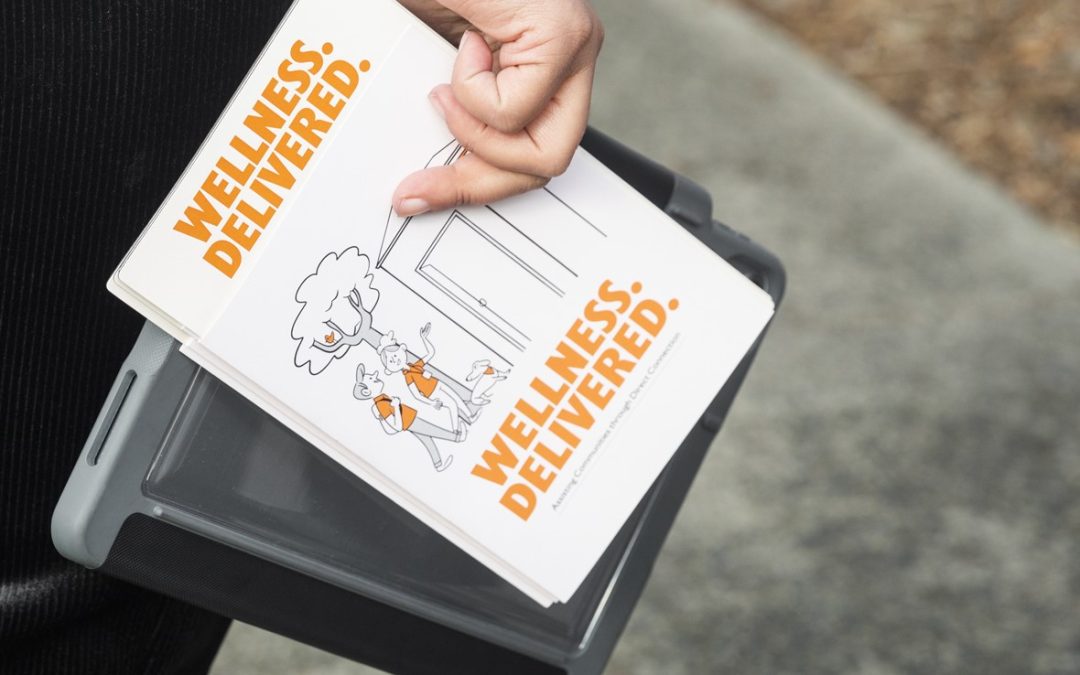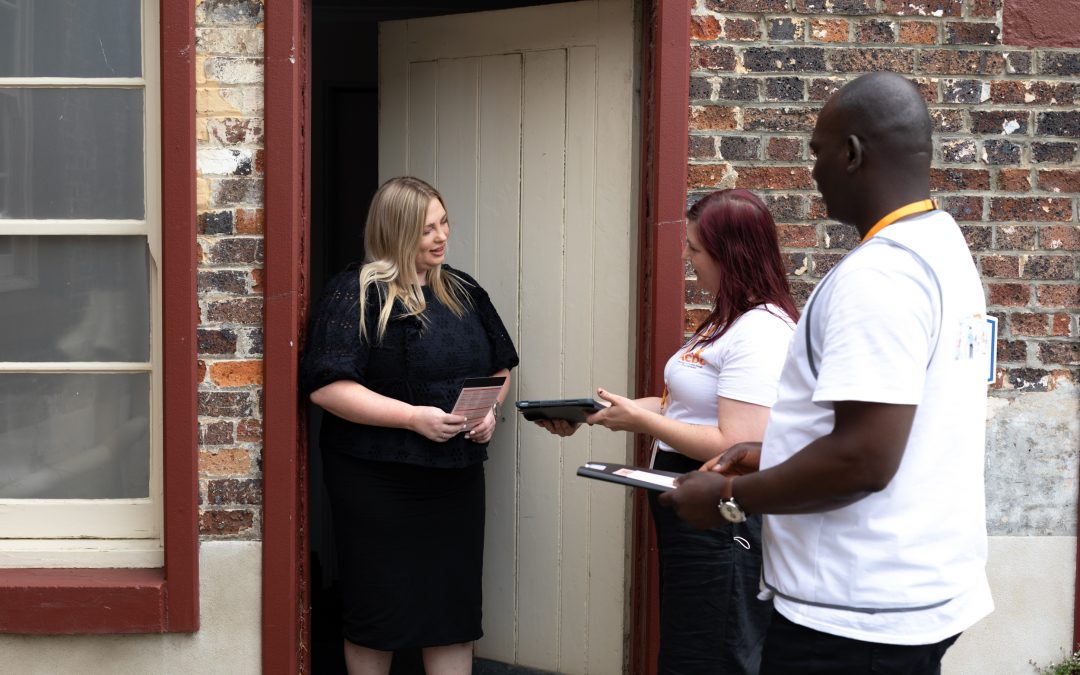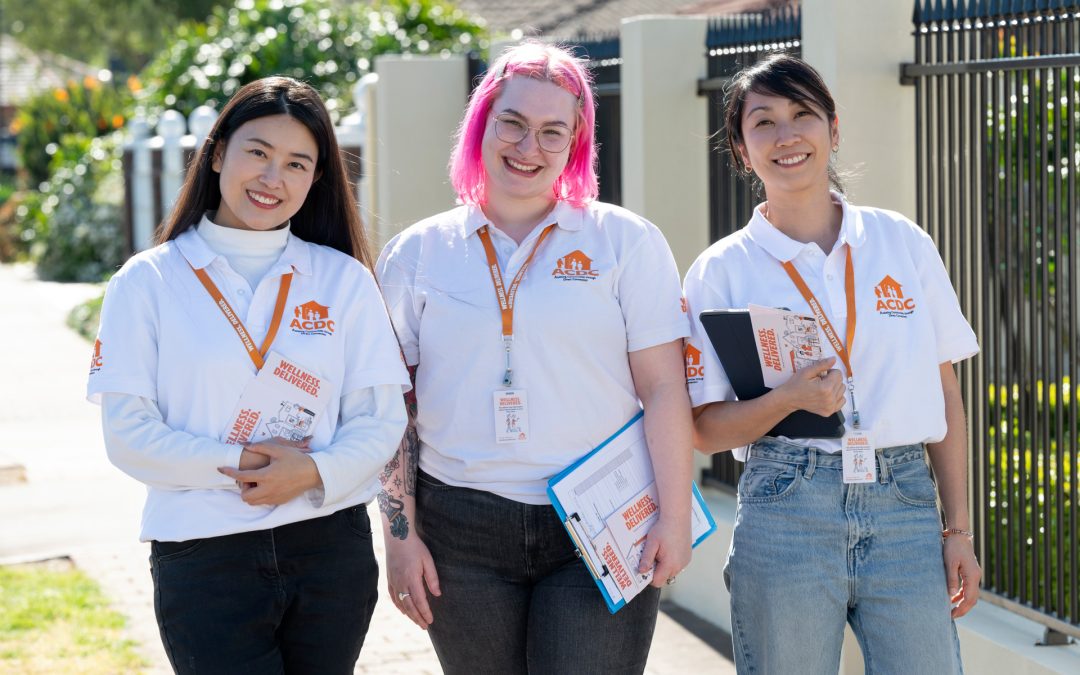Sometimes all it takes is a conversation.
A new project in Redcliffe aims to talk with community members about their mental health and help link them with wellbeing services in their area.
With the COVID-19 pandemic still affecting Australians, the Assisting Communities through Direct Connection (ACDC) project is going door-to-door to check-in with locals.
The ACDC Project, run by Community Mental Health Australia (CMHA), is visiting over 20 sites in Australia to improve community wellbeing and collect important data.
“Unfortunately for many reasons people do not want to talk about or even think about their mental health,” says CEO of CMHA, Bill Gye.
“People may prefer to tough it out, hide it from others, or avoid the stigma. The ACDC Project is going directly to households in Australia to engage them in conversation about these important issues.”
CMHA are working with local service provider, Stride Mental Health, to doorknock in Redcliffe from January to April 2022.
The ACDC Project are not typical door knockers. They make contact via friendly ‘People Connectors’ who let people know about the free services available and deliver an information pack with a fridge magnet and brochures.
ACDC Project Line Manager, Tristan Brownson, is excited to run the project in Redcliffe after successfully running the project in Brisbane and Ipswich in 2021.
“We have seen the positive impact that this project is having in communities. We have been able to facilitate multiple referrals for people needing connection with services and allowed people to be heard and feel valued, and sometimes that is all they need,” she says.
The other aim of the ACDC Project is to gather feedback on any service gaps so that improvements can be made by local, state, and federal governments.
People Connector Serani Paii says the ACDC project will be beneficial for the community on an individual level and on a community level.
“The project will help to build awareness of the local services and community supports and create an opportunity to capture valuable information that will highlight needs and gaps in services.”
For each of the communities visited throughout Australia, the ACDC Project will generate data and information about the reasons why people do not access support from local services.
“The survey results will help us advocate for much needed funding in regions that have a lack of appropriate services,” says Tristan Brownson.
The findings of the ACDC Project evaluation report will contribute to discussions about funding for community managed mental health services in Australia, and how the mental health support needs of people in communities are delivered.
It will also evaluate how effective a proactive approach is in reaching, engaging, and resourcing people to connect with services.
“The ACDC Project aims to address a serious problem with mental health services in Australia. Often, people only look for or receive support when they are in crisis. We must be much more proactive connecting and communicating with people about the importance of wellbeing. Prevention and early intervention is far more effective than dealing with people in crisis,” says Bill Gye.
The ACDC project provides this important information to householders of all educational, cultural and language backgrounds to promote access to mental health, social and emotional wellbeing support.
If the householder is not home a card is left in their letterbox with contact details so they can ask the People Connectors to come back.
The ACDC Project is funded by the Department of Social Services.
END
